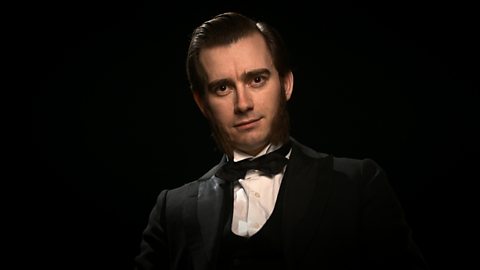Video summary
Florence Nightingale tells the story of her life and work, and shows how she grew up to become a nurse during the Crimean War.
The story is told in the first person, and brought to life with a mix of drama, movement, music and animation.
We see Florence as a child and follow her determination to become a nurse.
She trains other nurses to go to the Crimean war.
They make the hospital clean, and care for wounded soldiers.
Florence describes how she worked at night with her lamp.
Florence tells us how this changed nursing forever.
This clip is from the series True Stories.
Please note: This film includes a dramatised scene of conditions in hospital prior to Florence Nightingale's arrival, which may be upsetting for younger pupils. Teacher review is recommended before use in class.
Teacher Notes
Questions to consider whilst watching the film
Depending on the focus of your lesson, you may wish to ask the following questions after the video, or pause the short film at certain points to check for understanding.
- Why it was such a shock to her family what Florence Nightingale wanted to do?
- How did Nightingale want to change the way nurses were trained?
- Which event gave her the opportunity to be a nurse?
- What were conditions like when Nightingale arrived at Scutari, and what changes took place?
- How may she have been regarded differently by the nurses, and by the soldiers?
- What happened when she returned to England?
- Why is Florence Nightingale remembered today?
- Does she deserve to be famous?
- What lessons can we learn from the life of Florence Nightingale?
Learning activities to explore after the video
History is a subject which can lend itself to a wide range of cross-curricular links. As a teacher, you will have a greater awareness of how this topic may act as stimulus for learning in other subjects. However, the suggestions below relate solely to ways of developing the childrenÔÇÖs historical knowledge and understanding.ÔÇâKey Question: Why is Florence Nightingale historically significant?
Concept of historical significanceOne of the least explored and understood concepts in history is significance. It is sometimes used as a synonym for importance or consequence, but in the history classroom the key is to evaluate why the person, or event, is still remembered in the present day.
As the states, pupils should be ÔÇťencouraged to evaluate the relevance of the contribution of different individuals or how an event came to affect future generationsÔÇŽ It is vital that children identify what makes a person or event significant rather than just narrating an individualÔÇÖs life or reconstructing the event. It is also important to make the distinction between fame and significance. The focus is on effect rather than celebrity.ÔÇŁ
Florence Nightingale provides a rich learning opportunity to explore this concept as her name is still used today when discussing nursing. For example, one way in which the country tried to deal with the Covid pandemic was to set up ÔÇśNightingale HospitalsÔÇÖ.
There are a wide range of resources available for study. In 2020, the Arts and Humanities Research Council (AHRC) funded a major project on Florence Nightingale, and one strand of this was educational. The project collated which can be used to study Florence Nightingale, and the for the KS2 classroom directs the teacher to the relevant sources for each lesson. The activities suggested are inter-disciplinary, covering Art, Computing, English, Geography, Mathematics, PSHE and Science. One of the history suggestions, 'What was the impact of Florence NightingaleÔÇÖs work?', links directly to the concept of significance.
Once the pupils have a good background knowledge of Florence Nightingale from the video and have studied the range of sources, they should be able to make a valid judgement as to her historical significance. It is useful to have some criteria for assessing the significance of an individual. History educators have made many suggestions of what these could be, but the ones applicable for study in a primary classroom would be:
- Relevance: why the achievements of the person are still relevant today.
- Remembered: why the name of the person is still known today.
- Durability: the effects of the life of the person have lasted well beyond the time they were alive.
- Quantity: how many lives have been affected by this person.
Rather than tackling all of these criteria at the same time, as a teacher you may wish to choose one or two as a focus for discussion.
Learning aims or objectives
England
From the History national curriculumPupils should:
- understand historical concepts such as ÔÇŽsignificance.
- understand the methods of historical enquiry, including how evidence is used rigorously to make historical claims.
Northern Ireland
From the statutory requirements for Key Stage 2: The World Around UsPupils should be enabled to explore:
- Change over time in places.
To provide a balance of experiences in History pupils could study:
- Reasons for and effects of historical events.
Teaching should provide opportunities for children as they move through Key Stages 1 and 2 to progress:
- from sequencing events and objects on a time line in chronological order to developing a sense of change over time and how the past has affected the present.
Scotland
From the Experiences and Outcomes for planning learning, teaching and assessment ofSecond Level Social Studies:
- I can use primary and secondary sources selectively to research events in the past.
- I can investigate a Scottish historical theme to discover how past events or the actions of individuals or groups have shaped Scottish society.
- I can discuss why people and events from a particular time in the past were important, placing them within a historical sequence.
Wales
From the new Humanities Area of Learning and ExperienceSchool curriculum design for History should:
- develop rich content across the time periods, through which learners can develop an understanding of chronology through exploring ÔÇŽ historical significance.
Principles of progressionDescriptions of learning for Progression Step 2
Enquiry, exploration and investigation inspire curiosity about the world, its past, present and future:
- I can collect and record information and data from given sources. I can then sort and group my findings using different criteria.
Events and human experiences are complex, and are perceived, interpreted and represented in different ways:
- I can recognise and explain that my opinions and the opinions of others have value.
Harriet Tubman. video
Harriet Tubman explains how she escaped slavery and then helped others to do so.
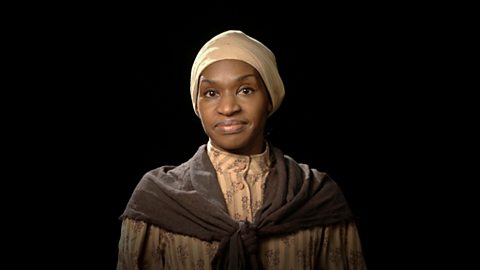
Isambard Kingdom Brunel. video
Isambard Kingdom Brunel shares how he became an engineer and tunnelled through Box Hill.
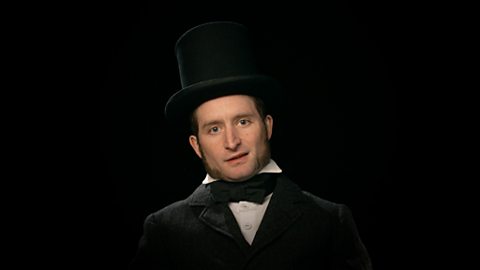
Mary Anning. video
Mary Anning describes how her astonishing fossil finds changed scientific thinking.
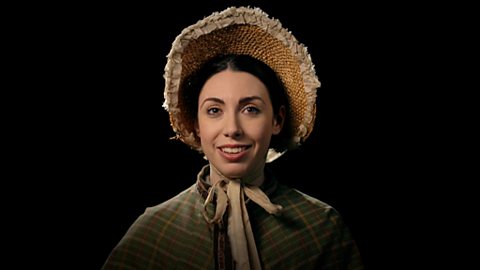
Edward Jenner. video
Edward Jenner tells the story of his life and the vaccination against smallpox.
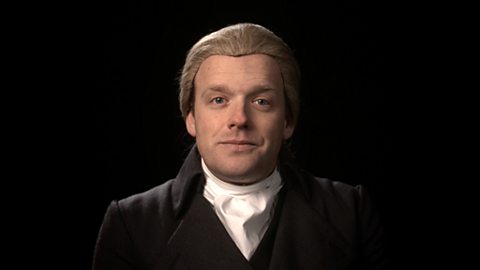
Elizabeth Fry. video
Elizabeth Fry describes how she reformed life for prisoners and their families in prison.
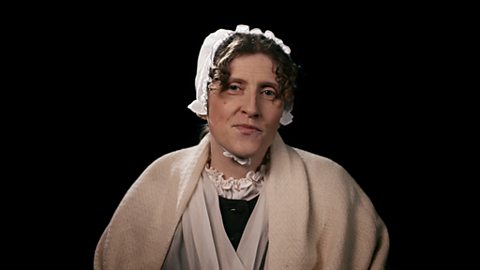
Grace Darling. video
Grace Darling describes the night she and her father rowed out in a boat to save sailors.
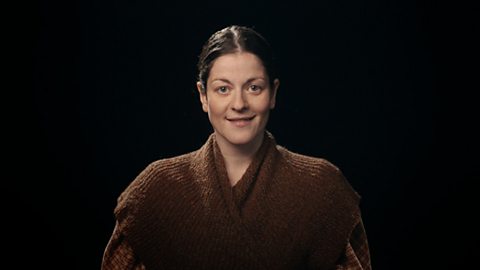
Rosa Parks. video
How Rosa Parks refusing to give up her seat changed the rules of American society.
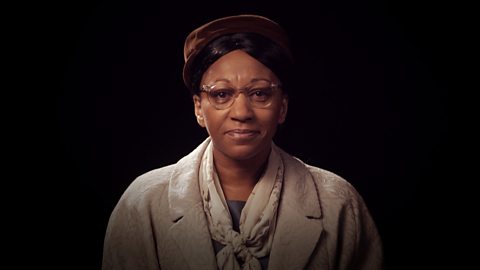
Thomas Barnardo. video
Thomas Barnardo tells the story of setting up his first home for London's street children.
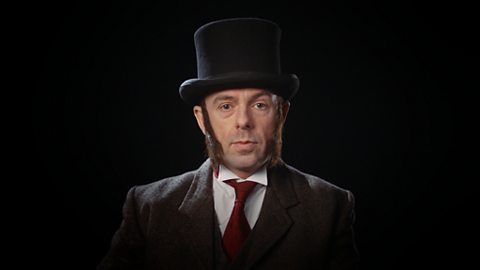
Alexander Graham Bell. video
Alexander Graham Bell tells the story of his life and describes how he invented the telephone.
